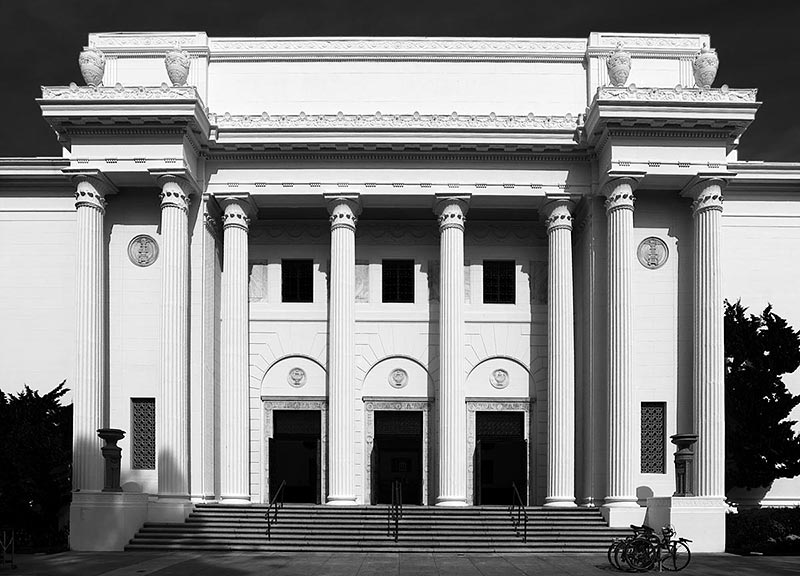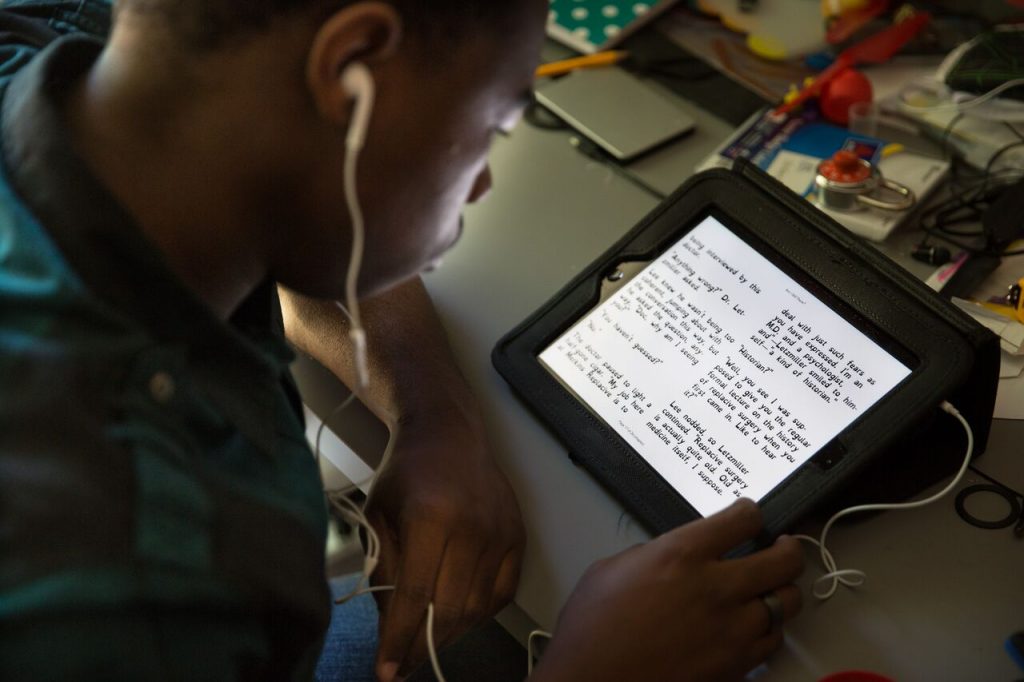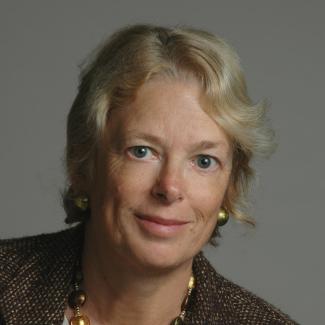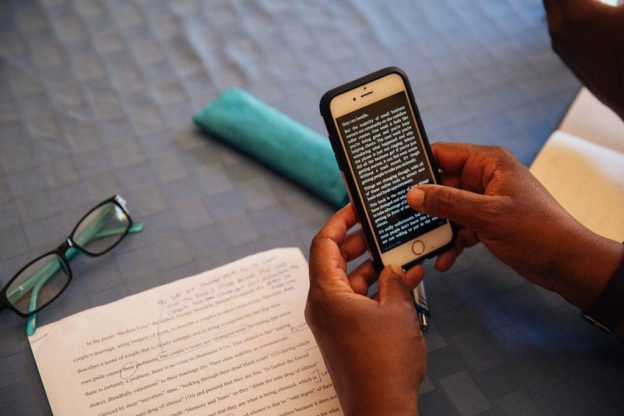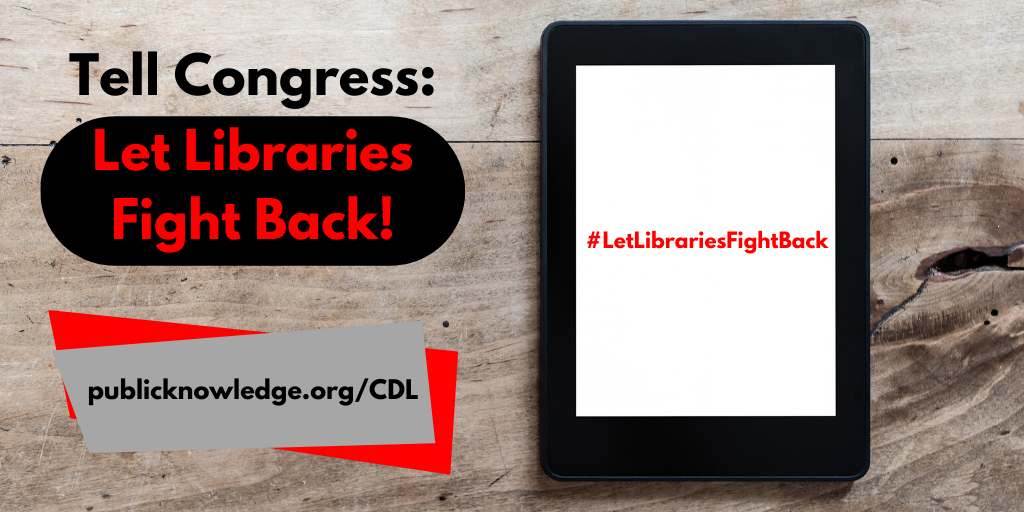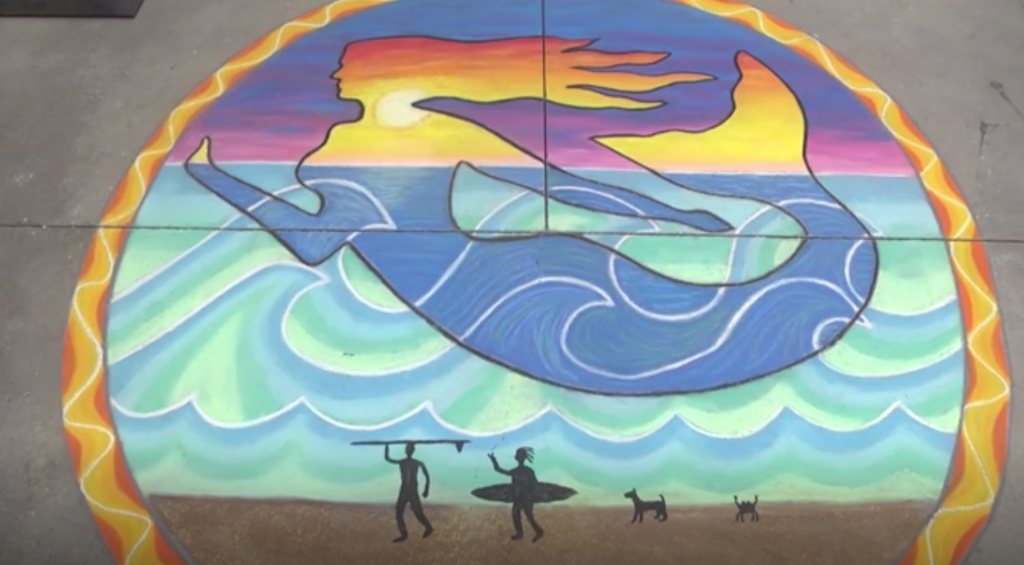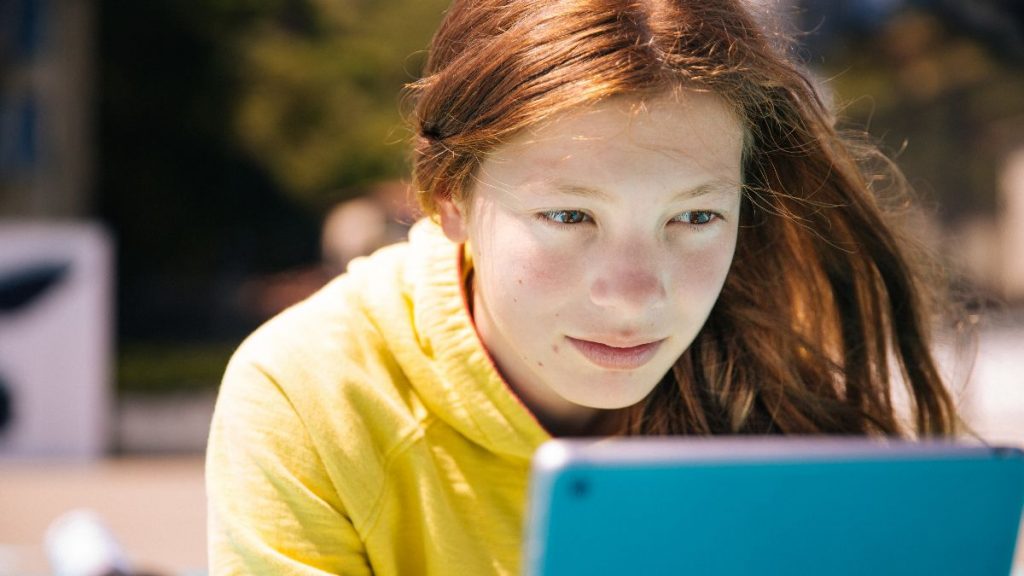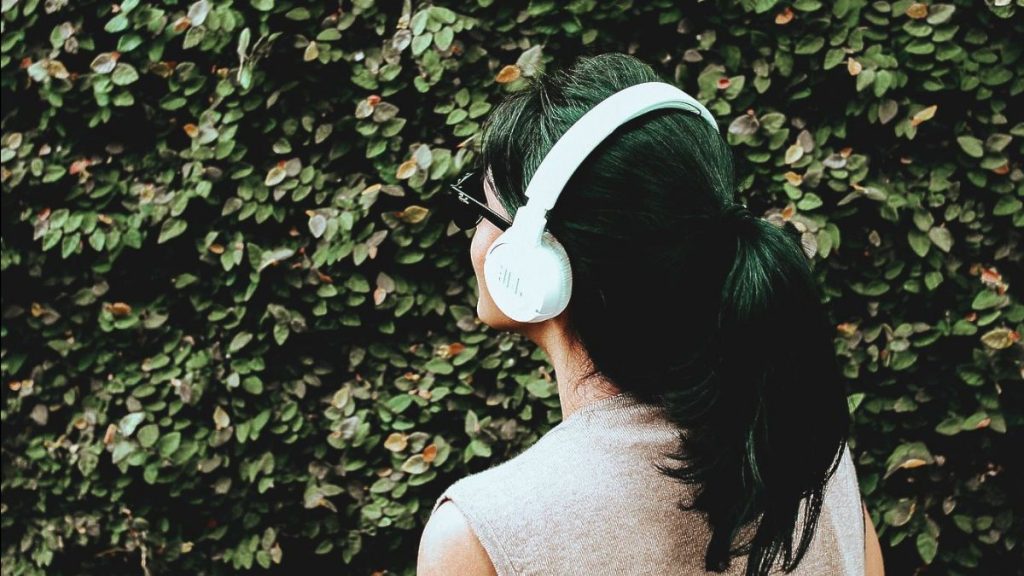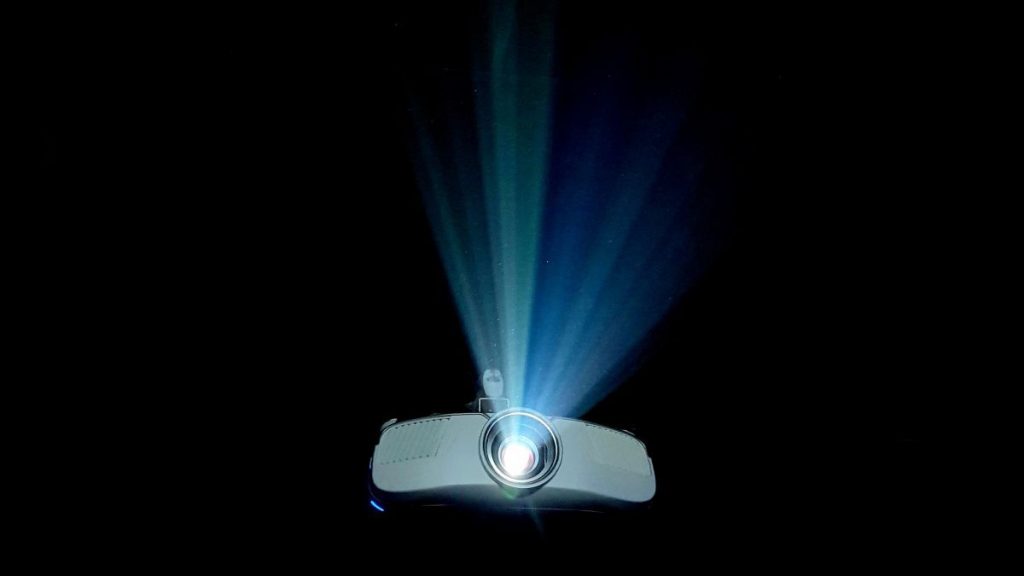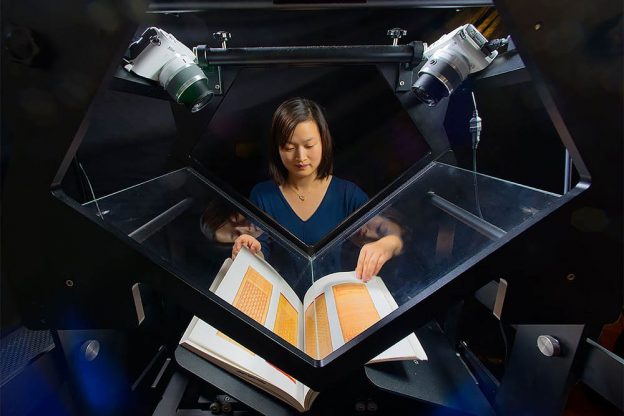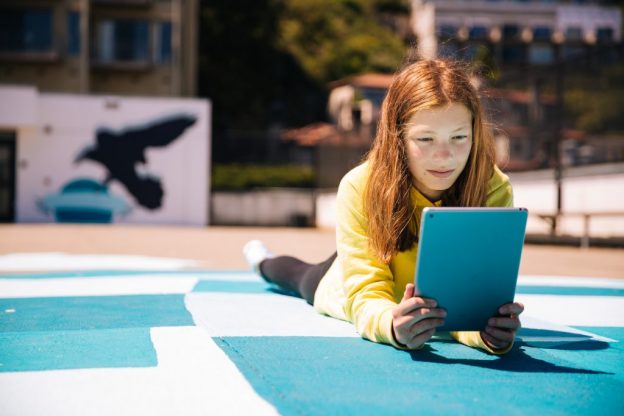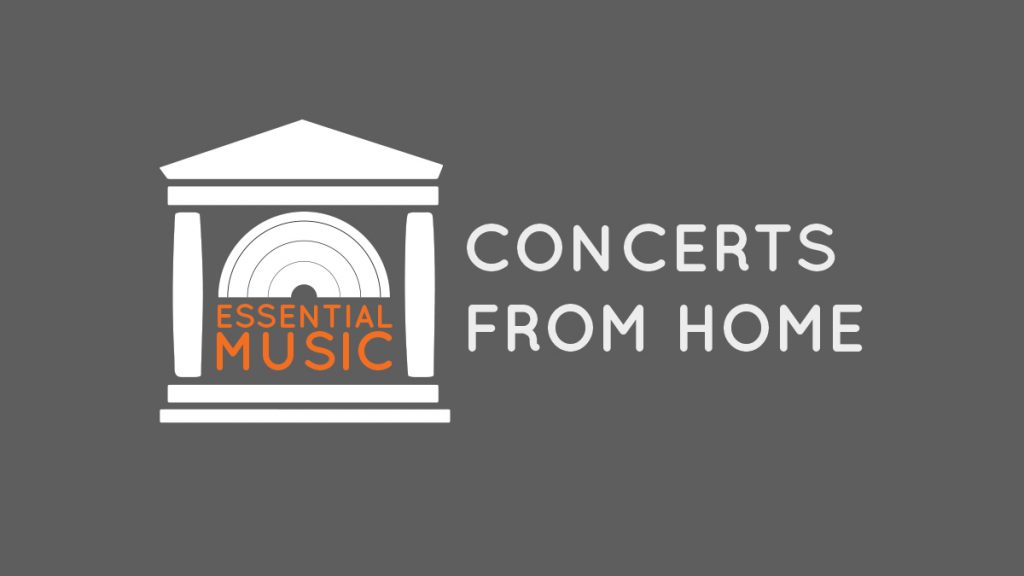
by Peggy Lee and Wendy Hanamura
“That’s how I think of it now: listening as intimacy. My shoulders dropped. The muscles in my neck and face relaxed. I breathed more deeply.”
—Donald Antrim, “How Music Can Bring Relief During These Anxious Times,” The New Yorker

Every Monday at 9:55 a.m., the concerts begin. Lap steel guitarists. Feminist indie folk bands. Improvisational cellists. For the Internet Archive staff, spread across many continents, these ten-minute concerts that begin and end our work week create an aural bubble where listening together feels intimate, uplifting. For us this music has somehow become, yes, essential. For the artists, zooming in from makeshift home stages, the chance to perform live for our staff of 100+ creates a connection with an audience that has been severed during the pandemic. “It was so nourishing to be supported, not only emotionally, but also financially at a time when musicians are being hit incredibly hard,” said singer-songwriter, Annie Hart. “It made my art feel valued and appreciated and helped me continue to make more.”
The idea to create this impromptu concert series originated with Alexis Rossi, who heads the Internet Archive’s Collections team. Five minutes before our Monday morning and Friday lunch staff zoom meetings, Alexis and Web Archiving Program Manager, Peggy Lee, act as virtual stage managers, getting performers dialed in, audio levels tweaked. The Internet Archive pays performers a small fee and staffers “tip” the artists through paypal or Venmo. “”I have several friends who are full time performers, and shelter in place completely destroyed their ability to work and make a living,” explains Rossi. “So I jumped at the chance to help book acts because I knew that even a little bit of income would help.”
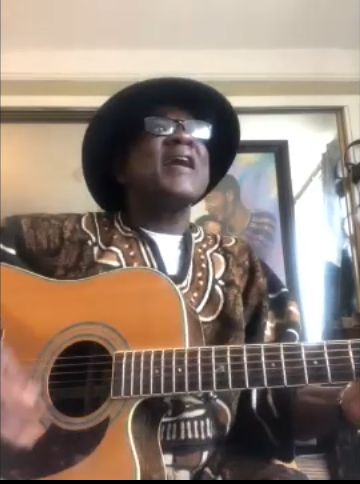
“The music series has been a way we bring people into our house, the place where we come together as a community, and have this shared experience together. I love those ten minutes.”
—Peggy Lee, Co-producer, Essential Music
What started as a fun idea has solidified into ESSENTIAL MUSIC: Concerts From Home, a program that we believe could be replicated anywhere, offering organizations many intangible benefits. “The Internet Archive’s live performances have been such a bright spot in my week,” says engineer, Jason Buckner. “They bring such a positive energy to our meetings and you can see it in the faces of everyone watching on Zoom.” Just ten minutes of music seems to have a magical effect on staff: inspiration. “Seeing other creatives excel at what they do helps bind me closer to my work,” agrees Isa Herico Velasco, Internet Archive engineer. “It affirms what we are actually stewarding: the preservation and celebration of humanity.”
Here are some of the Essential Music concerts, recorded and shared by permission of the artists:
Ainsley Wagoner / Silverware (6/16/20)
Ainsley Wagoner creates ethereal music as the artist, Silverware. Ainsley is also a product designer who co-created the super cool OAM project — an experiment in mixing sound, colours, and geometries on the web. “Performing is one of my favorite parts about being a musician,” says Wagoner. “Even though I have recorded music online, nothing beats playing a song live. For now, I don’t have an in-person performance outlet, so it felt really good to do that virtually with the Internet Archive.”
Alex Spoto (6/22/20)
Alex is a multi-instrumentalist who has performed and recorded with Last Good Tooth, Benjamin Booker, and many others. He is a longtime contributor for Aquarium Drunkard and the co-author of Fowre 2: Gone Country, a book of interviews with contemporary Country musicians. He got his start playing classical violin, then ‘old-time’ folk music, and then improvised “free” music. He is currently musically obsessed with cajun fiddling, old cumbia, the jazzier side of Merle Haggard, the polyrhythmic foundation of Saharan folk music, the sly and sensitive folkways of Michael Hurley, and the Internet Archive’s 78 project!
Vickie Vertiz (6/26/20)
The oldest child of an immigrant Mexican family, Vickie Vértiz was born and raised in Bell Gardens, a city in southeast Los Angeles County. Her writing is featured in the New York Times magazine, the San Francisco Chronicle, Huizache, Nepantla, the Los Angeles Review of Books, KCET Departures, and the anthologies: Open the Door (from McSweeney’s and the Poetry Foundation), and The Coiled Serpent (from Tia Chucha Press), among many others.
Vértiz’s first full collection of poetry, Palm Frond with Its Throat Cut, published in the Camino del Sol Series by The University of Arizona Press won a 2018 PEN America literary prize. Vickie is a proud member of Colectivo Miresa, a feminist cooperative speaker’s bureau, her first poetry collection, Swallows, is available from Finishing Line Press. She teaches at the University of California, Santa Barbara.
Jess Sylvester / Marinero (6/29/20)
Jess Sylvester is a Bay Area chicanx songwriter/composer, also known as Marinero. Marinero is known for his dreamy, cholo-fi signature style of taking samples of 60s latin music and adding spacey pop flavors. His newest album, Trópico de Cáncer, is rooted in bossa nova and Tropicália sounds. Watch his profile in Content Magazine.
Sylvester says: “I was actually touched by the introduction given to me right before playing a song for their team. It was a shock to hear the level of research they had done referencing my life and past projects, and in retrospect made sense considering it was the Internet Archive just living up to their name.” Thank you for listening to my music and making me feel heard and supported.”
Ivan Forde (7/6/20)
Ivan Forde is a Guyanese-born, Harlem artist. Forde (b. 1990) works across sound performance, printmaking, digital animation and installation. Using a wide variety of photo-based and print-making processes (and more recently music and performance), Ivan Forde retells stories from epic poetry casting himself as every character. His non-linear versions of these time-worn tales open the possibility of new archetypes and alternative endings. By crafting his own unique mythology and inserting himself in historical narratives, he connects the personal to the universal and offers a transformative view of prevailing narratives in the broader culture.
Zachary James Watkins (7/10/20)
Zachary James Watkins is an Oakland-based sound artist. He was one-half of the defunct duo Black Spirituals and is now part of the current duo Watkins/Peacock. Zachary has received commissions from Cornish, The Microscores Project, The Beam Foundation, Somnubutone, the sfSoundGroup and the Seattle Chamber Players. He has shared bills with Earth, the Sun Ra Arkestra, and designed the sound and composed music for the plays “I Have Loved Strangers.” His 2006 composition Suite for String Quartet was awarded the Paul Merritt Henry Prize for Composition and has subsequently been performed at the Labs 25th Anniversary Celebration, the Labor Sonor Series at Kule in Berlin Germany and in Seattle Wa, as part of the 2nd Annual Town Hall New Music Marathon. Zachary has been an artist in residence at the Espy Foundation, Djerassi and the Headlands Center for The Arts.
Bill Walker (7/13/20)
A gifted composer and instrumentalist, Bill Walker’s music has been described as cinematic, adventurous, and innovative. His solo performances create a rich tapestry of layered sounds, blending electric and acoustic guitars, lap steel guitars, and percussive guit-boxing with state of the art live looping techniques and sound design.
This Santa Cruz, CA-based musician was featured in Guitar Player Magazine for his collaboration with Erdem Helvacioglu on the critically acclaimed CD, “Fields and Fences”. To hear more tune in to his YouTube channel.
Jennifer Cheng (7/17/20)
Jennifer S. Cheng’s work includes poetry, lyric essay, and image-text forms exploring immigrant home-building, shadow poetics, and the feminine monstrous. She is the author of MOON: LETTERS, MAPS, POEMS, selected by Bhanu Kapil for the Tarpaulin Sky Award, and HOUSE A, selected by Claudia Rankine for the Omnidawn Poetry Prize. She is a 2019 NEA Literature Fellow and graduated from Brown University, the University of Iowa, and San Francisco State University.
Jess Sah Bi (7/17/20)
Jess Sah Bi, with his musical partner, Peter One, is one of the most popular musical acts in West Africa, performing to stadium-sized audiences at home in the Ivory Coast and throughout Benin, Burkina Faso, and Togo. Their album, Our Garden Needs Its Flowers, originally thrust them into stardom in the late ’80s. The album was inspired both by classic American country and folk music and the traditions of Ivorian village songs, but it focused thematically on the political turmoil of the region. Songs are sung in French, Gouro, and English.
Theresa Wong (7/24/20)
Theresa Wong is a Berkeley-based composer, cellist and vocalist active at the intersection of music, experimentation, improvisation and the synergy of multiple disciplines. Bridging sound, movement, theater and visual art, her primary interest lies in finding the potential for transformation for both the artist and receiver alike.
Her works include The Unlearning (Tzadik), 21 songs for violin, cello and 2 voices inspired by Goya’s Disasters of War etchings, O Sleep, an improvised opera for an 8 piece ensemble exploring the conundrum of sleep and dream life. In 2018, Theresa founded fo’c’sle, a record label dedicated to adventurous music from the Bay Area and beyond. Theresa has shared her work internationally at venues including Fondation Cartier in Paris, Yerba Buena Center for the Arts in San Francisco, Cafe Oto in London, Festival de Arte y Ópera Contemporánea in Morelia, Mexico and The Stone and Roulette in New York City.
After her performance, the artist wrote, ““I could sense the spirit reaching out beyond glass and pixels, sparking back to life that basic need of connecting with others.”

